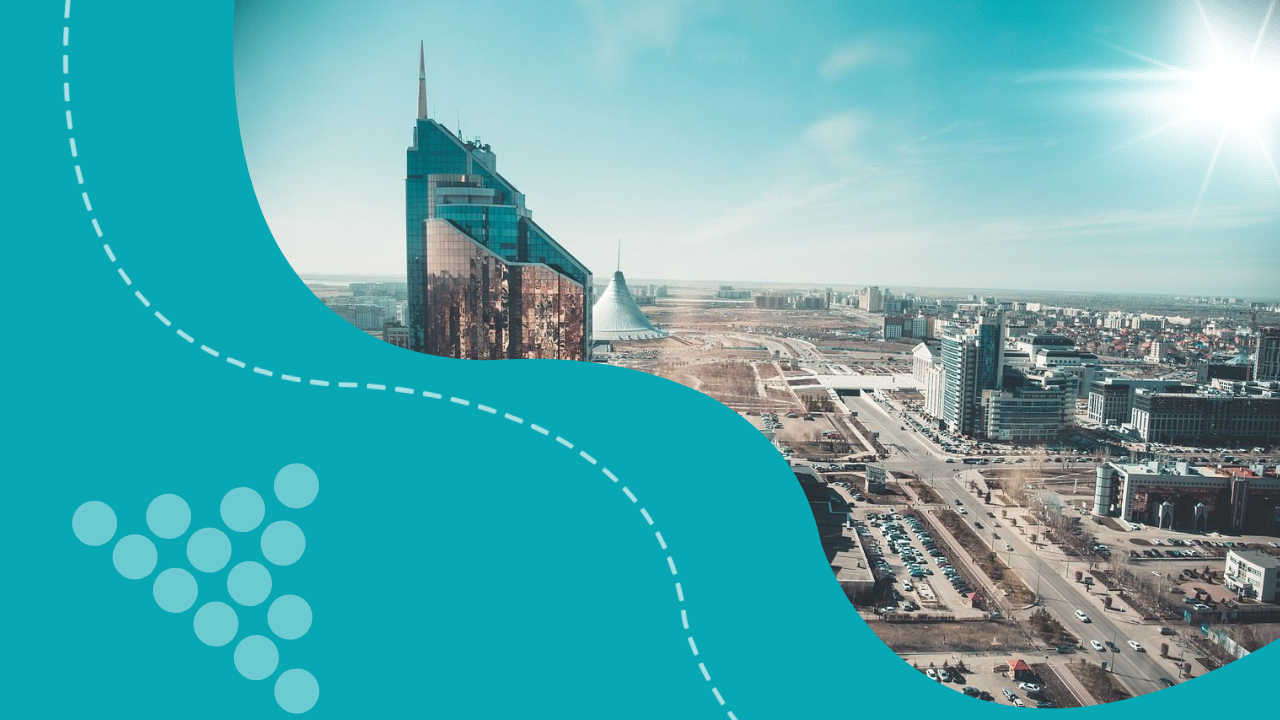Kazakhstan’s Minister of Industry and Construction, Kanat Sharlapayev, embarked on a productive visit to the United States, seeking to enhance collaboration with the U.S. International Development Finance Corporation (DFC) and key players in the energy, geology, and mining sectors. During discussions with DFC Deputy CEO Nisha Desai Biswal, economic development, and the notable 12% increase in U.S. companies operating in Kazakhstan over the past year were addressed. Minister Sharlapayev highlighted Kazakhstan’s potential in processing rare metals, emphasizing opportunities in titanium, beryllium, tantalum, and niobium.
The meeting delved into various projects, including the construction of the KazAzot fertilizer plant, the production of electric vehicle charging stations, and the development of strategic hubs at the Aktau port and in the West Kazakhstan Region. Expressing interest, Biswal conveyed the DFC’s intention to explore large-scale projects in collaboration with Kazakhstan and expressed a desire to visit the country for further discussions.
Beyond DFC engagements, Minister Sharlapayev is set to meet with members of the U.S.-Kazakhstan Business Council and the U.S. Geological Survey. The focus will be on exploring new avenues for investment collaboration, addressing aspects like volumes, long-term contracts, and investment incentives. Kazakhstan’s well-established regulatory environment adds to the appeal for potential collaborations.
Highlighting Kazakhstan’s significance in the global supply chain, the ministry noted that the country produces and processes 17 of the 50 types of critical minerals identified by the United States. Notable examples include the successful cooperation in supplying beryllium and tantalum to major U.S. entities like Transport Technologies, International Business Corporation (IBC) U.S. Holdings, and Tosoh Specialty Metals Division (SMD).
In a strategic move, Minister Sharlapayev also plans to discuss the country’s collaboration in critical minerals with the U.S., aligning with similar efforts made with European partners, as emphasized in his interview with CNBC in December last year.

